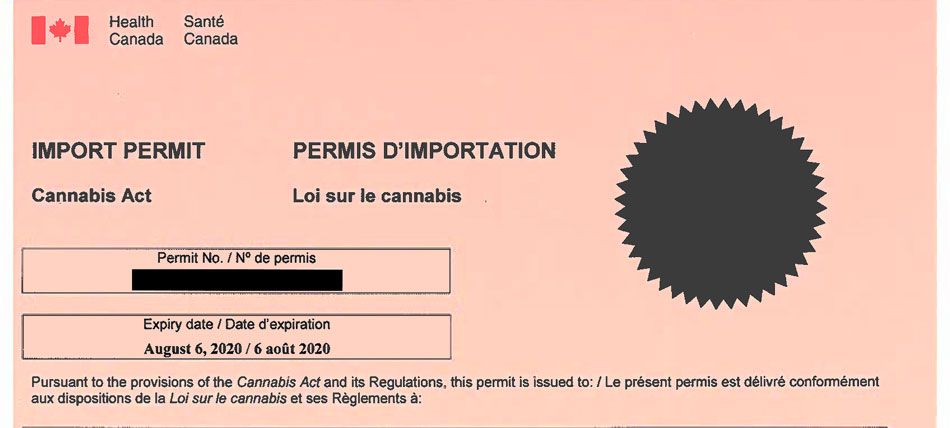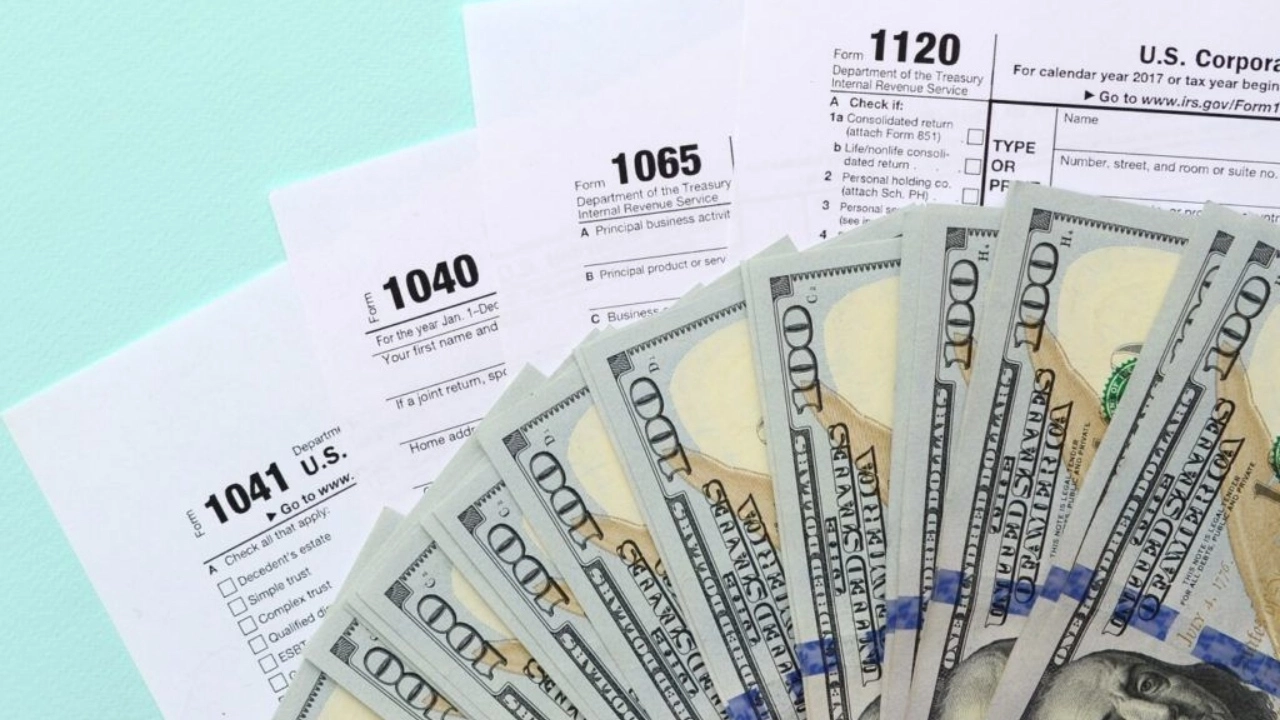(This story was updated to include a statement from the Canadian government.)
Canada again finds itself in hot water over the import-export of commercial medical cannabis.
The commissioner of Israel’s Trade Levies Unit opened an “anti-dumping” investigation in mid-January concerning the importation of medical marijuana from Canada after finding “a causal link” between the imports and “damage” to Israel’s local cannabis industry.
Any move to restrict imports could have a major impact on Canada’s fragile cannabis exports sector, as Israel currently accounts for more than one-third of all cannabis exports from Canada by weight.
In fiscal year 2023, Israel imported roughly 21,000 kilograms (21 metric tons) of cannabis from Canada for commercial and scientific use, data from the regulator Health Canada shows.
In a letter to Michael Mancini, chief commercial counselor for the Embassy of Canada in Israel, Danny Tal, director of import administration at Israel’s Ministry of Economy and Industry, wrote: “I wish to inform you that after I found that special circumstances exist, I have decided to initiate an Anti-Dumping investigation concerning the importation of medical cannabis from Canada.
“Our findings, regarding whether there is dumping, consequent injury and the duty required, will be determined on the basis of best information available. It is therefore important that every interested party will submit information, evidence, their arguments and an answered questionnaire.”
In a statement to MJBizDaily, Global Affairs Canada, which manages the nation’s diplomatic ties, said it was “disappointed” in Israel’s move.
“We are disappointed with Israel’s decision to initiate an anti-dumping investigation on imports of medical cannabis from Canada,” agency spokesperson Jean-Pierre Godbout said in a statement.
“We are as well reviewing the details of Israel’s decision and will engage with implicated Canadian exporters.”
The investigation was launched after Israeli companies reportedly suffered financial losses because of competition with cheap Canadian imports, according to Israeli Cannabis Magazine, which first reported the investigation.
The period of investigation will be:
- Jan. 1, 2023-Dec. 31, 2023, for any anti-dumping activities.
- Jan. 1, 2021-Dec. 31, 2023, for any damages to local business.
“The determination whether provisional measures are required and the estimated rate of the anti-dumping duty – according to which the provisional duty is set – will not be made before the interested parties have had the opportunity, within the time constraints of the law, to submit further information, evidence, their arguments and an answered questionnaire, if they so wish,” Tal wrote.
Canadian companies identified
As part of the investigation, 10 Canadian companies have 30 days to submit “information, evidence and their arguments” and answer a lengthy questionnaire.
The Canadian licensed producers (and headquarters) named in the investigation are:
- Auxly Cannabis Group (Toronto).
- Canopy Growth Corp. (Smiths Falls, Ontario).
- Cronos Group (Toronto).
- Decibel Cannabis Co. (Calgary, Alberta).
- Organigram Holdings (Toronto).
- SNDL (Calgary, Alberta).
- Tilray Canada and its subsidiary, Hexo Corp., which have headquarters in Ontario and Quebec, respectively.
- Village Farms International (Delta, British Columbia).
The documents announcing the investigation also name The Green Organic Dutchman, a Mississauga, Ontario-based company that rebranded to BZAM one year ago.
MJBizDaily reached out to a number of the licensed producers named in the investigation, but only Tilray responded with a statement by acknowledging that the company received the notice of inquiry.
“To date, Tilray Brands has only shipped into Israel from its Portugal facility,” the spokesperson said.
“However, we firmly believe that Tilray Brands has complied with all applicable laws for prior sales into Israel.”
If any provisional measures are applied, it won’t be until at least 60 days after the investigation begins.
Other countries
Israel joins companies from Australia, Colombia and Jamaica that have cried foul over Canada’s import-export situation.
Colombia and Jamaica previously have accused Canada of protecting its domestic cannabis producers by blocking commercial imports of medical marijuana.
The trade issue has drawn attention because there are a small number of meaningful legal import markets for medical cannabis, and Canada – the largest federally regulated medical market in the world – doesn’t allow commercial imports.
In 2020, Jamaica’s former minister of Industry, Commerce, Agriculture and Fisheries told MJBizDaily that “it appears manifestly clear that the refusal of the Canadian government to allow the importation of commercial quantities of marijuana from Jamaica is putting the investment of several Canadian investors in Jamaica at risk.”
In 2021, the Colombian government raised concern about Canada’s commercial import restriction with the World Trade Organization.
In fiscal year 2023, Canadian cannabis companies exported 160 million Canadian dollars ($118 million) worth of medical cannabis products.
Health Canada, which regulates cannabis imports and exports, said import and export of marijuana for medical or scientific purposes is strictly regulated and limited to countries that are party to the United Nations’ international drug control conventions and have a legal framework for the medical or scientific use of cannabis.
Both Colombia and Jamaica are party to those conventions.
At least one Jamaican company, Jacana, a leading company in the Caribbean medical cannabis industry, has tried and failed to ship its commercial products to Canada for sale to patients.
Health Canada, the federal regulator for medical cannabis importing and exporting, said in a statement: “Consistent with Canada’s international obligations, Health Canada maintains control over the international movement of cannabis for medical and scientific purposes, strictly limiting international trade for these purposes and authorizing permits and exemptions on a case-by-case basis. Exports and imports for any other purposes is prohibited under Canadian law.”
A Health Canada spokesperson told MJBizDaily via email that “Canadian companies operating in international markets where the use of cannabis for medical purposes is legal, operate under Canada’s system of regulated production of cannabis, which is recognized internationally.
“Consistent with international drug conventions, importing or exporting cannabis for medical or scientific purposes requires a permit from Health Canada for each shipment.”
Matt Lamers can be reached at matt.lamers@mjbizdaily.com.





